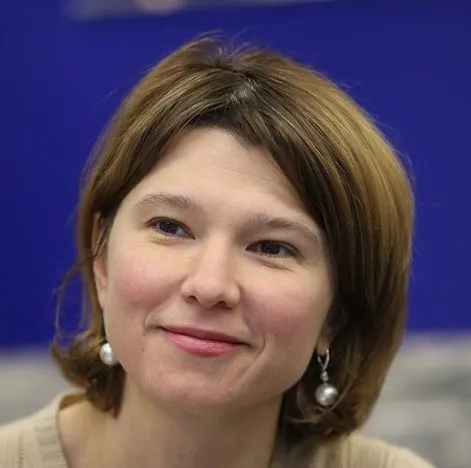Theory Tested by Practice: Russian Agricultural Universities Become Innovation Hubs
Alongside the modernization of agriculture, Russia’s agricultural universities are rapidly transforming into centers of innovation. Students and scientists are working with farmers to create new technologies for a smarter, more efficient agribusiness sector.
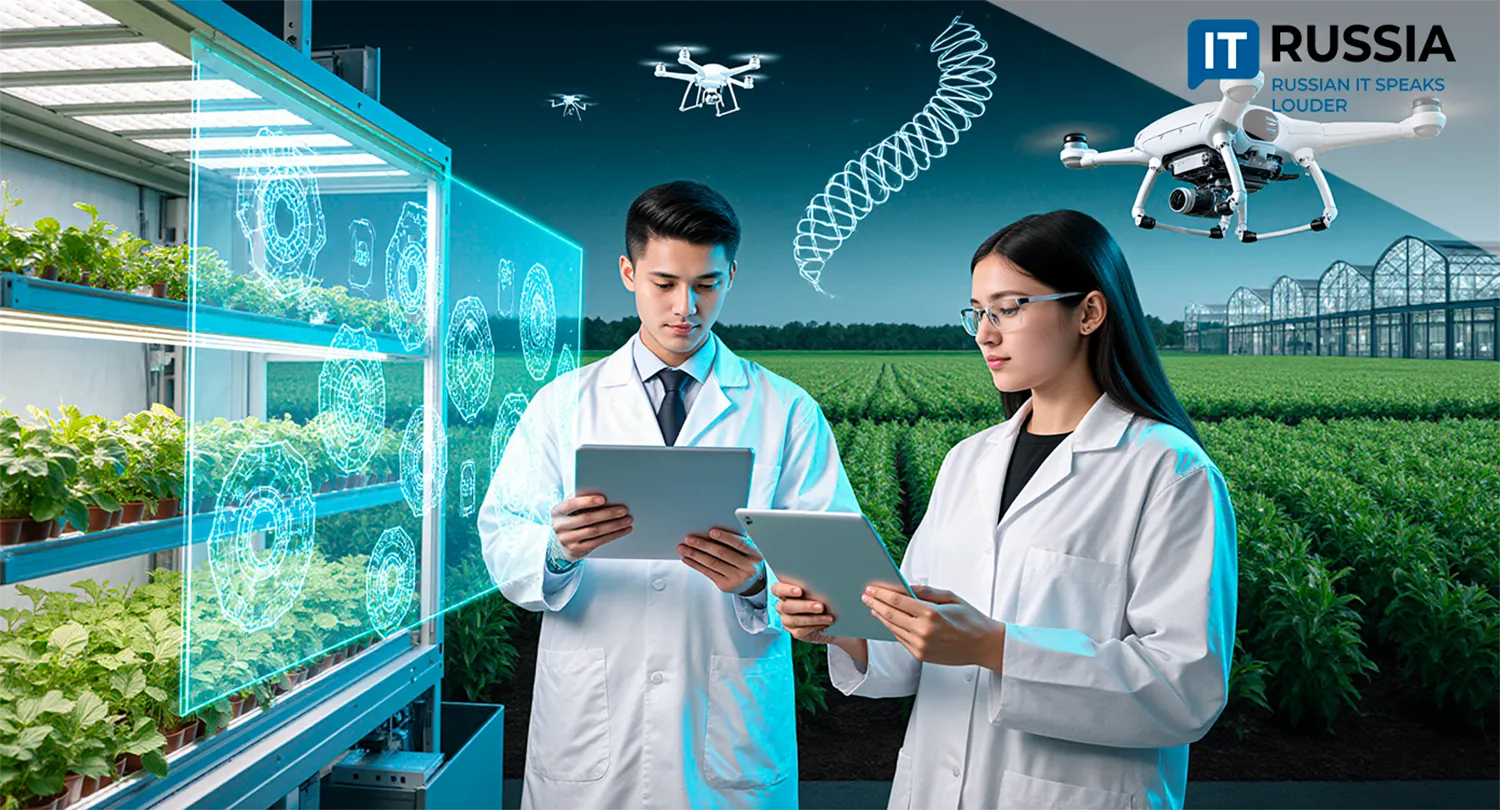
Development of Agricultural Education and Science
Russia’s Minister of Agriculture Oksana Luth and Minister of Science and Higher Education Valery Falkov took part in the national conference “Modern Directions for the Development of Agricultural Education and Science,” held at Stavropol State Agrarian University.
The participants discussed prospects for scientific support and the training of qualified specialists for the agricultural sector.
Falkov emphasized that a systematic partnership with the Ministry of Agriculture is already in place, with the goal of advancing agricultural science. “Today agriculture is a high-tech, knowledge-intensive industry that is changing rapidly. Accordingly, the demands on specialists and their training are also changing,” he stressed.
The forum’s main event was a session titled “Transforming Agricultural Education: Integrating Science, Universities, and Business.” Oksana Luth highlighted the importance of shifting to an updated model of higher education in agribusiness, with particular emphasis on involving enterprises in both teaching and research. This is critical for agricultural universities, as they play a central role in strengthening food security and building a skilled workforce.
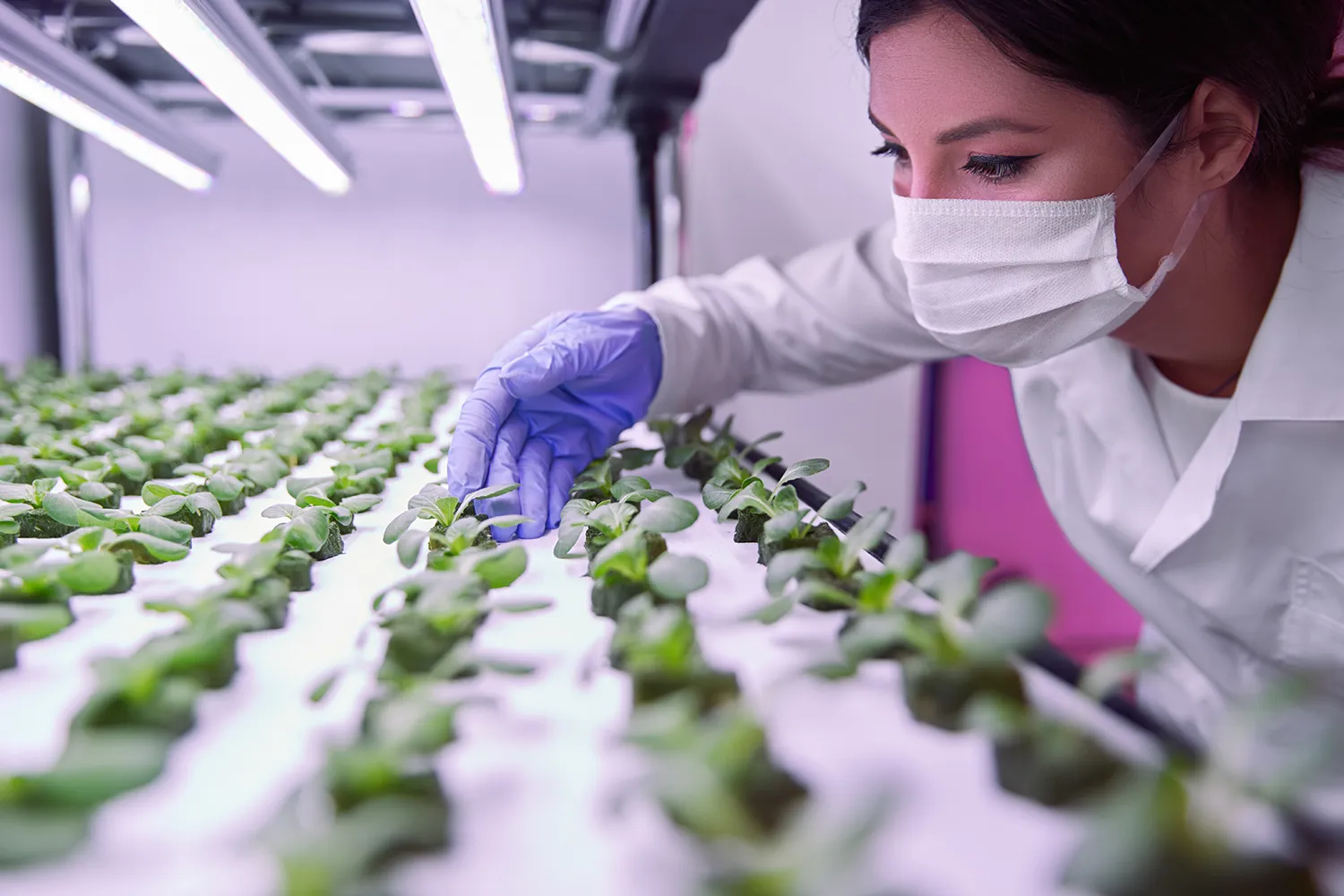
Innovation Centers
Today, Russia’s agricultural universities are becoming innovation hubs, where students, faculty, and young researchers have access to modern laboratories and conduct industry-relevant studies. They are supported by the “Priority-2030” program (part of the national project “Youth and Children”) and the “Technological Support for Food Security” national project.
Agriculture in the 21st century is increasingly a precise science. Research is carried out with direct consideration of real-sector conditions. The state helps universities acquire modern equipment, upgrade laboratories, and transfer research results into production.
Universities are creating centers for research in smart farming, digital agritech, genetics, biotechnology, and accelerated plant breeding. Virtually all new developments now incorporate artificial intelligence. AI assists in breeding new plant varieties—including frost-resistant and regionally adapted crops—developing soilless cultivation systems (aeroponics), and designing new feed additives.
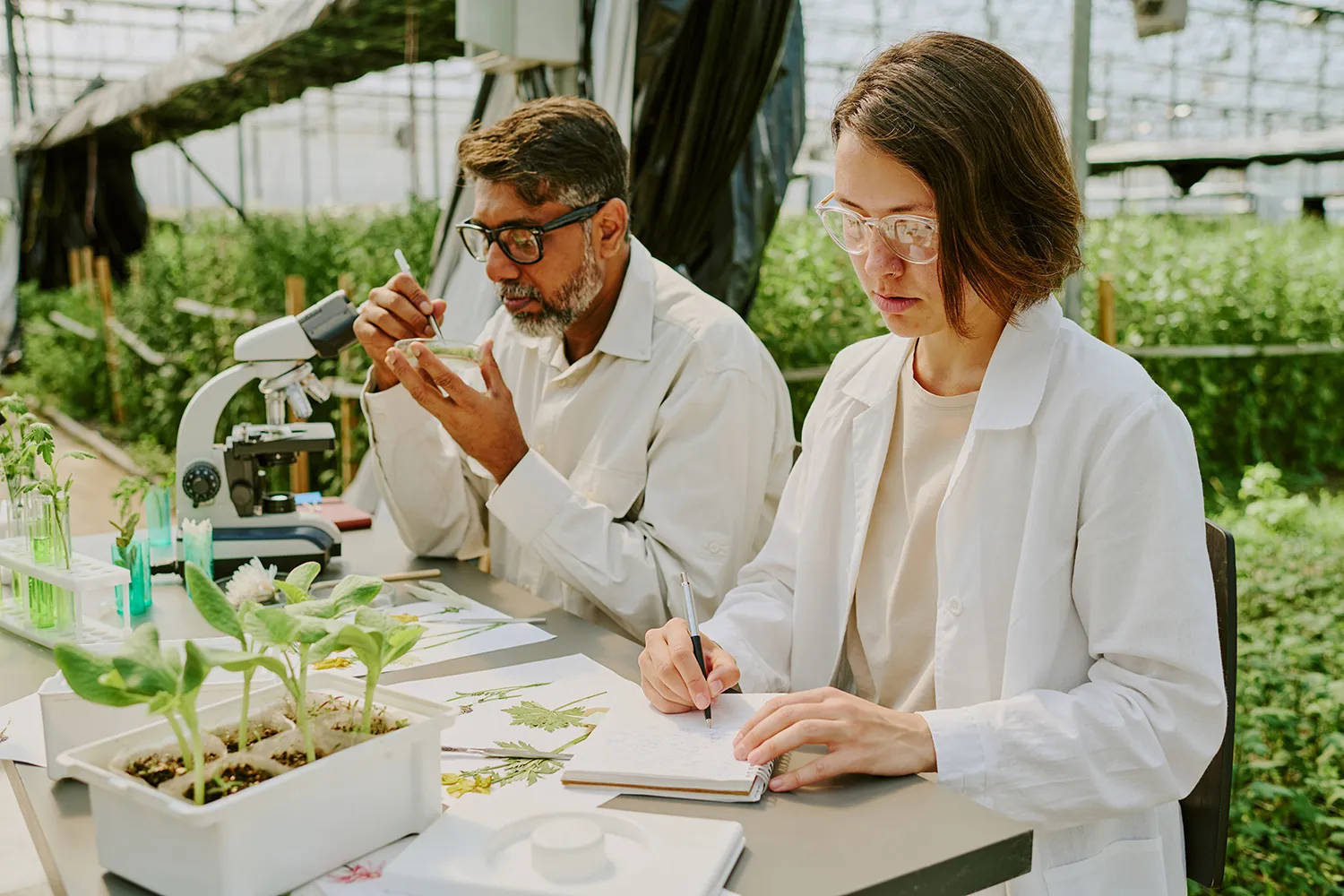
Universities’ New Breakthroughs
In 2025, eight universities are participating in the “Priority-2030” program of the “Youth and Children” project: Belgorod, Stavropol, Kuban, Far Eastern, and Bashkir State Agrarian Universities, Buryat State Agricultural Academy, Timiryazev Academy, and Skryabin Moscow Veterinary Academy.
Belgorod University upgraded its phytotron complex and established a Genomic Breeding and Biotechnology Center. The university has already produced two new soybean varieties.
Bashkir State Agrarian University developed four distributed databases of advanced traits and high-density genotypes for pigs and geese, along with a patented software tool for genomic data analysis and visualization. Research here also focuses on accelerated pea breeding adapted to the Ural region. Three new laboratories have been established: “AI in Agribusiness,” “Agrobiotechnology,” and the youth laboratory “Selective Hybridization of Animals.”
Stavropol State Agrarian University created a PCR-based test system for real-time identification of genetic mutations in cattle using bioinformatics analysis.
Timiryazev Academy is conducting research in genetics, breeding, and plant biotechnology under the “Priority-2030” program. Its projects also extend into digital transformation: the academy is developing AI- and neural-network-powered systems for diagnosing animal diseases and working on a digital service called “Agrocalculator-PRO,” designed to boost yields by optimizing fertilizer composition.
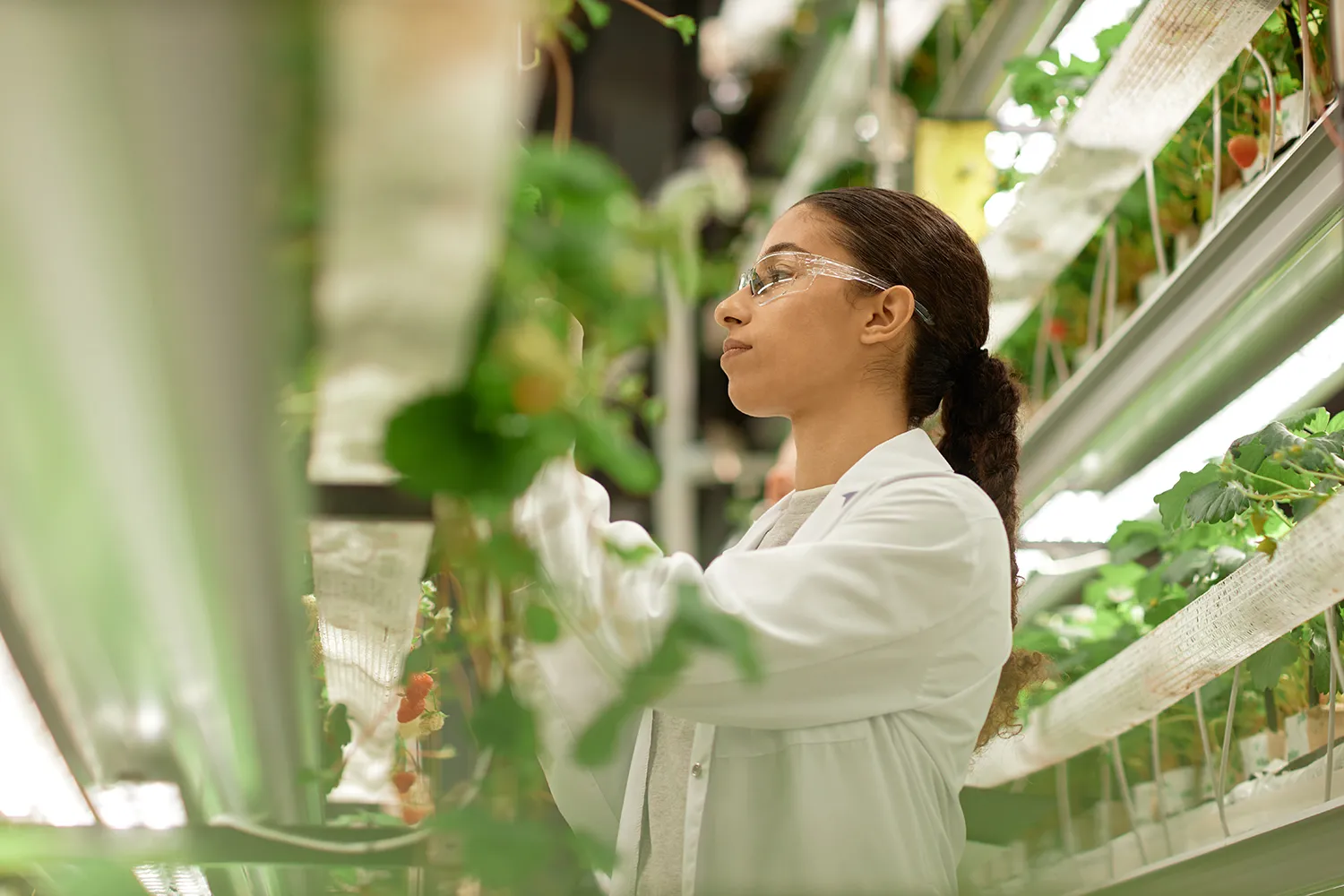
More Than 100 Innovation Centers by 2030
By 2030, more than 100 universities across Russia will host innovation centers—scientific, technological, and socio-economic clusters.
This effort will increase the technological independence of Russian agriculture, foster smart farming technologies tailored to climate challenges, import substitution, and regional disparities. The “Priority-2030” and “Technological Support for Food Security” programs are the main drivers of this transformation.
Some of the most in-demand specialists in agribusiness today include geneticists, robotics engineers, digitalization experts, gene engineers, and biotechnologists. Thanks to “Priority-2030,” the proportion of agribusiness enterprises with sufficient staff is expected to reach 95% by 2030.
This transformation will expand food production in the country and strengthen Russia’s position as a global leader in the food market. The experience of turning agricultural universities into innovation hubs could also serve as a model for other countries seeking to develop their own agricultural production and agritech research.


